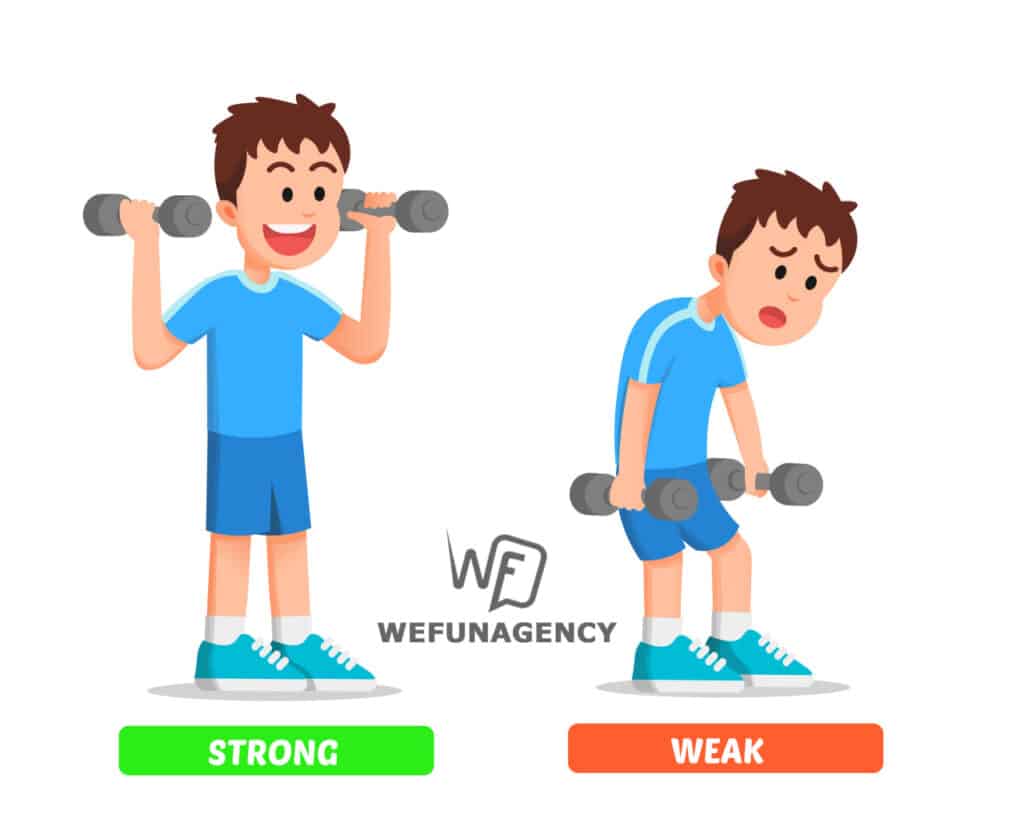In the realm of Facebook advertising, there are two primary types of accounts: Facebook Ads Agency accounts and regular accounts. Each type offers distinct features and benefits tailored to different user needs. This article aims to provide a comprehensive comparison between these two account types, highlighting their differences in functionality, management, support, and potential implications for advertisers.
Functionality
Facebook Ads Agency Accounts
Facebook Ads Agency accounts are specifically designed for advertising agencies or businesses managing multiple client accounts. They offer advanced features such as the ability to create and manage multiple ad accounts, assign different levels of access to team members, and efficiently handle campaigns on a larger scale. These accounts provide comprehensive tools for campaign optimization, tracking, and reporting.
Regular Accounts
Regular Facebook Ads accounts are intended for individual advertisers or businesses looking to run ads for their own products or services. They provide essential features to create and manage ad campaigns, target specific audiences, and monitor performance. While regular accounts may not have the same level of advanced functionality as agency accounts, they still offer powerful tools for effective advertising.
Management and Access
Facebook Ads Agency Accounts
Agency accounts allow for centralized management of multiple client accounts under a single interface. Advertisers can seamlessly switch between different accounts, making it convenient to oversee and optimize campaigns for various clients. Additionally, agency accounts offer granular access controls, allowing team members to have specific permissions based on their roles.
Regular Accounts
Regular accounts are typically managed by individual advertisers or small businesses. They provide straightforward management of ad campaigns within a single account. While they may not have the same level of multi-account management capabilities as agency accounts, regular accounts are well-suited for those focused on their own advertising needs.
Support and Assistance
Facebook Ads Agency Accounts
As agency accounts are designed for advertising agencies and businesses handling multiple client accounts, they often receive dedicated support and assistance from Facebook. This can include access to account representatives, priority customer support, and educational resources specifically tailored to agency needs.
Regular Accounts
Regular account holders can access Facebook’s general customer support resources, which provide assistance and troubleshooting for various ad-related issues. However, the level of support may differ from that offered to agency accounts, as the focus is primarily on individual advertisers rather than agencies managing multiple accounts.
Implications for Advertisers
Facebook Ads Agency Accounts
For agencies or businesses managing multiple client accounts, agency accounts provide a streamlined workflow, enhanced collaboration capabilities, and access to advanced features. They are well-suited for those who require efficient campaign management, sophisticated reporting, and the ability to scale advertising efforts across multiple clients.
Regular Accounts
Regular accounts are ideal for individual advertisers or small businesses with a single advertising focus. They offer a straightforward interface, essential campaign management tools, and a more accessible entry point for those starting their advertising journey. Regular accounts are suitable for those who prioritize managing their own ad campaigns without the need for multi-account management.
Conclusion
In conclusion, Facebook Ads Agency accounts and regular accounts serve distinct purposes and cater to different user requirements. Agency accounts provide advanced functionality, multi-account management capabilities, and specialized support for agencies handling multiple clients. On the other hand, regular accounts offer simplicity, focused campaign management, and a more accessible approach for individual advertisers. Understanding the differences between these two account types enables advertisers to choose the one that aligns with their specific needs and goals in the realm of Facebook advertising.










